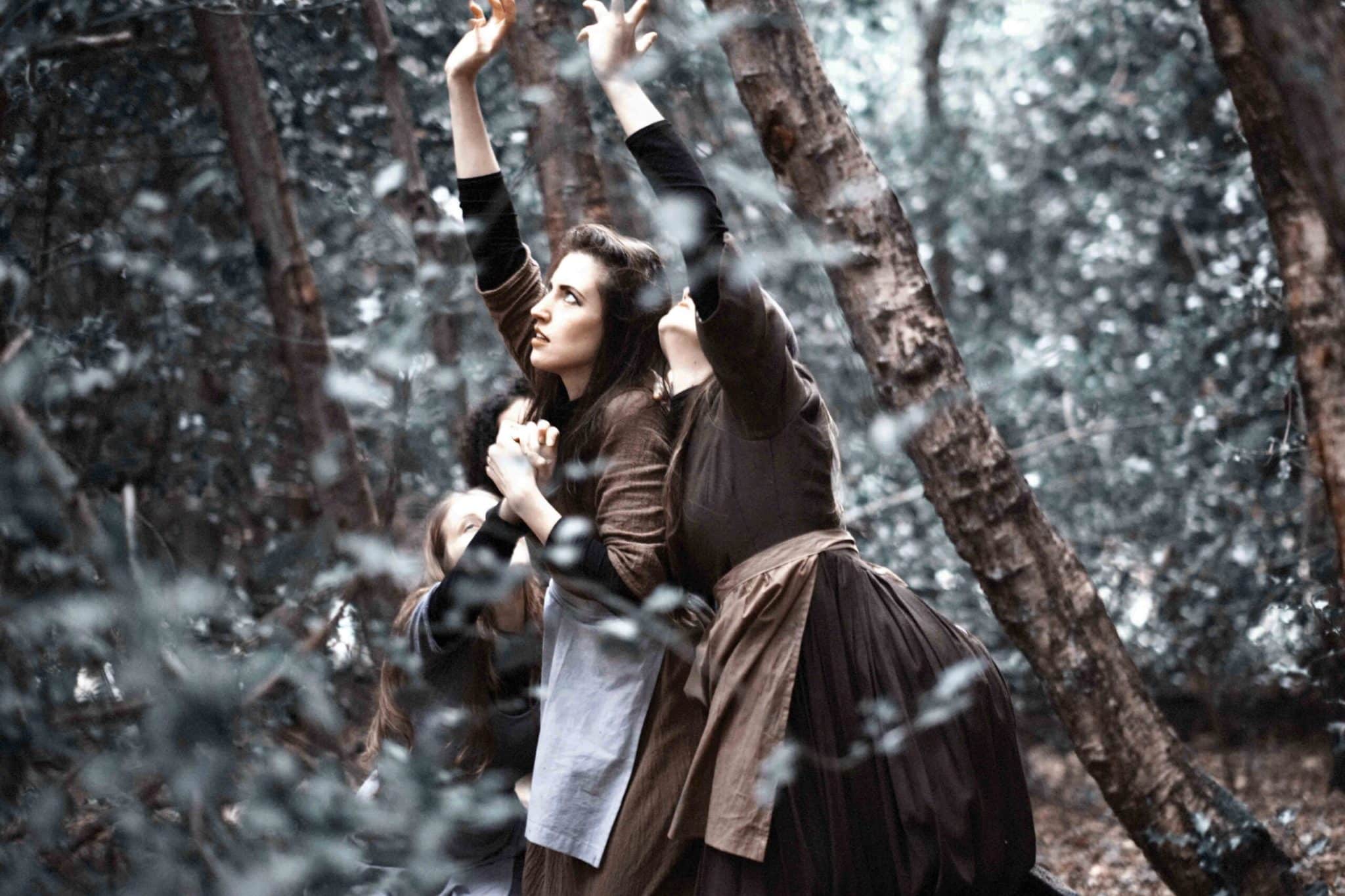The Crucible is being staged by Trinity Theatre Club from next Tuesday. Here, Director, Helen Thorpe, explains why she decided to take on this classic play by Arthur Miller
What led to you staging The Crucible?
Well, for me this has been a project in the making for some years now, as the rather compelling true story of the Salem witch trials is terrific stuff for any fertile, creative mind. Once I had read the play, which I was totally gripped by, I then started the process of further research into the period and the trials. The dictionary defines a crucible as ‘a basin in which elements are subjected to high heat for the purpose of examination’.
Can you tell us a little bit about the play’s storyline?
In the Puritan New England town of Salem, Massachusetts, 1692, a group of girls go dancing naked in the forest with a slave named Tituba.
While dancing, they are caught by the local minister, Reverend Parris. A couple of the girls, one being Parris’s own daughter Betty, fall into a coma-like state of stupor. In fear of sinister, supernatural involvement, key community members come together and send for witchcraft ‘experts’ to assist them, and so the catalyst for the famed Salem witch trials begins…
What is Salem like?
This is a small, tight-knit community which smoulders with repression and resentment. Dominated by religion, pride and reputation, in which men and women hide their deepest desires, it’s a deadly mixture of lust, hatred and terror lurking beneath a tinder-dry surface.
Then there’s a spark of superstition which sets it alight, and long-held grudges rapidly turn to murderous violent disputes, and humiliating secrets are exposed.
So what are play’s main themes?
It’s a kind of parable, a morality play of power and envy plus a breathtaking drama of human love and weakness, and actually remains as relevant as ever. Miller’s 20th- century masterpiece has been called ‘the most powerful central work of American drama’. In my opinion, it’s a devastating portrait of a flawed community and the cost of tyranny which also examines the overt dangers in mixing theology with government, the extreme suppression of society, the importance of being true to yourself and, ultimately, fear.
Why do you think its plot and message are still so relevant today?
It is a lasting testament to the power of human beings to cling on to what they believe and hold most dear, even in the face of certain death. Based on a specific historical moment when people were accused of being witches, and paid with their lives, it reverberates with universal themes that to this day continue to transcend time.
How many actors are in the production, and are they local?
There are a total of 21 cast members aged from 16 years to late 70s. They hail mainly from Kent and East Sussex and are from a variety of theatre groups. All are extraordinary performers, young and old, and have proven to be thoughtful, intelligent and committed actors throughout the process. They have brought this great play to life brilliantly. I frankly couldn’t have asked more from them.
What do you think audiences will enjoy most about the play?
They will really appreciate that it’s based on real people. Let’s face it, it could have been any one of us, and still can be – which packs a powerful punch.
Also, this production will be completed in just over two and a half hours, which is tremendous because, traditionally, it’s a very long play.
With a bit of prudent editing, plus an energetic, pacey approach from the cast and just focusing on telling the story, I think the audiences will be moved to think about the larger issues of this production as they unfold. To quote a famous line from the play: “If we do not learn from our past mistakes, we are doomed to keep reliving them.”
As Director, what were your aims?
I wanted to illuminate this tight, highly dogmatic society falling apart when irrational fear replaces thoughtful reasoning.
It’s a destruction that is told and played brilliantly through the individual characters and their relationships, which then ripples out through the whole community.
This is why, in part, I decided to approach the staging of it in a nebulous way while making acknowledgements to the period both in costume and general design, thus removing any distractions from the actual storytelling.
What do you like about directing?
That’s a hard question to answer. At heart I’m an actor, so I love the fact I can relate to the performers on a very personal level, and yet I love the challenge of formulating a vision, creating the overall piece with my interpretation on the play, its staging, costumes, etc, and then seeing it realised – no matter how briefly.
Unlike film, I love the immediacy of live theatre, it’s very, very special and no other genre truly compares. You have to be brave to do it. That or barking mad!
The Crucible is on at Trinity Theatre from October 17-21. For timings and tickets, see www.trinitytheatre.net









